News Desk

A new analysis of these footprints, using two different techniques, confirms the date, providing seemingly incontrovertible proof that humans were already living in North America during the height of the last Ice Age.
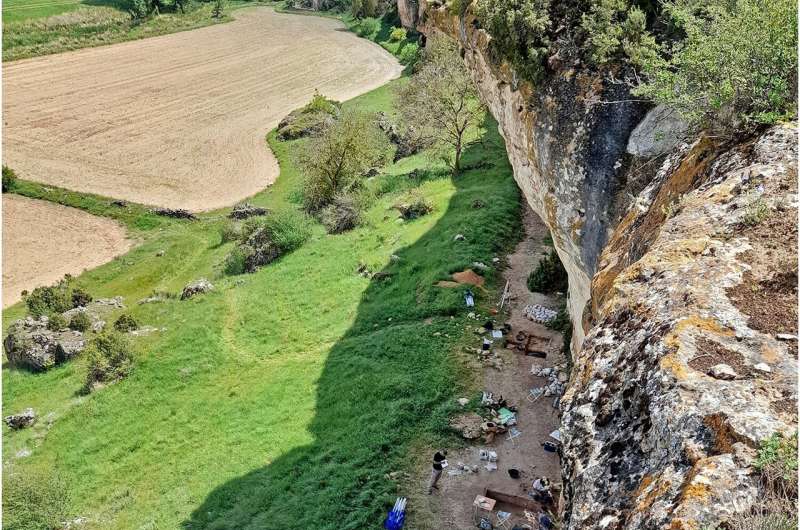
Paleolithic human populations survived even in the coldest and driest upland parts of Spain, according to a study published October 4, 2023 in the open-access journal PLOS ONE by Manuel Alcaraz-Castaño of the University of Alcalá, Spain, Javier Aragoncillo-del Rió of the Molina-Alto Tajo UNESCO Global Geopark, Spain and colleagues.

Traces of ancient DNA appear to have been found within the 6-million-year-old fossil bones of an extinct turtle. This is staggeringly old evidence of DNA and may suggest that genetic material can last much longer than previously appreciated. The study is published in the Journal of Vertebrate Paleontology.

Fluorescence in mammals is much more common than previously thought, new research suggests.
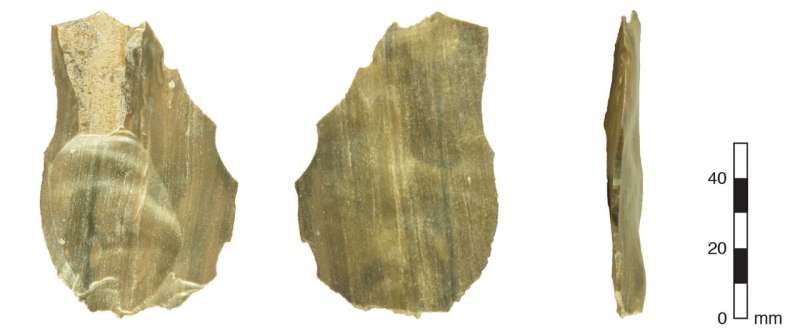
Their findings support previous research conducted in Arabia suggesting this green, overland route, which is now desert, was favored by traveling Homo sapiens heading north. The paper, “Human dispersals out of Africa via the Levant,” has been published in the journal Science Advances.

Agriculture in Syria started with a bang 12,800 years ago as a fragmented comet slammed into the Earth’s atmosphere. The explosion and subsequent environmental changes forced hunter-gatherers in the prehistoric settlement of Abu Hureyra to adopt agricultural practices to boost their chances for survival. That’s the assertion made by an international group of scientists in one of four related research papers, all appearing in the journal Science Open: Airbursts and Cratering Impacts.

In a paper, “The Stonehenge Altar Stone was probably not sourced from the Old Red Sandstone of the Anglo-Welsh Basin: Time to broaden our geographic and stratigraphic horizons?,” published in the Journal of Archaeological Science, the research team details how newly acquired information is overturning a hundred-year-old theory.
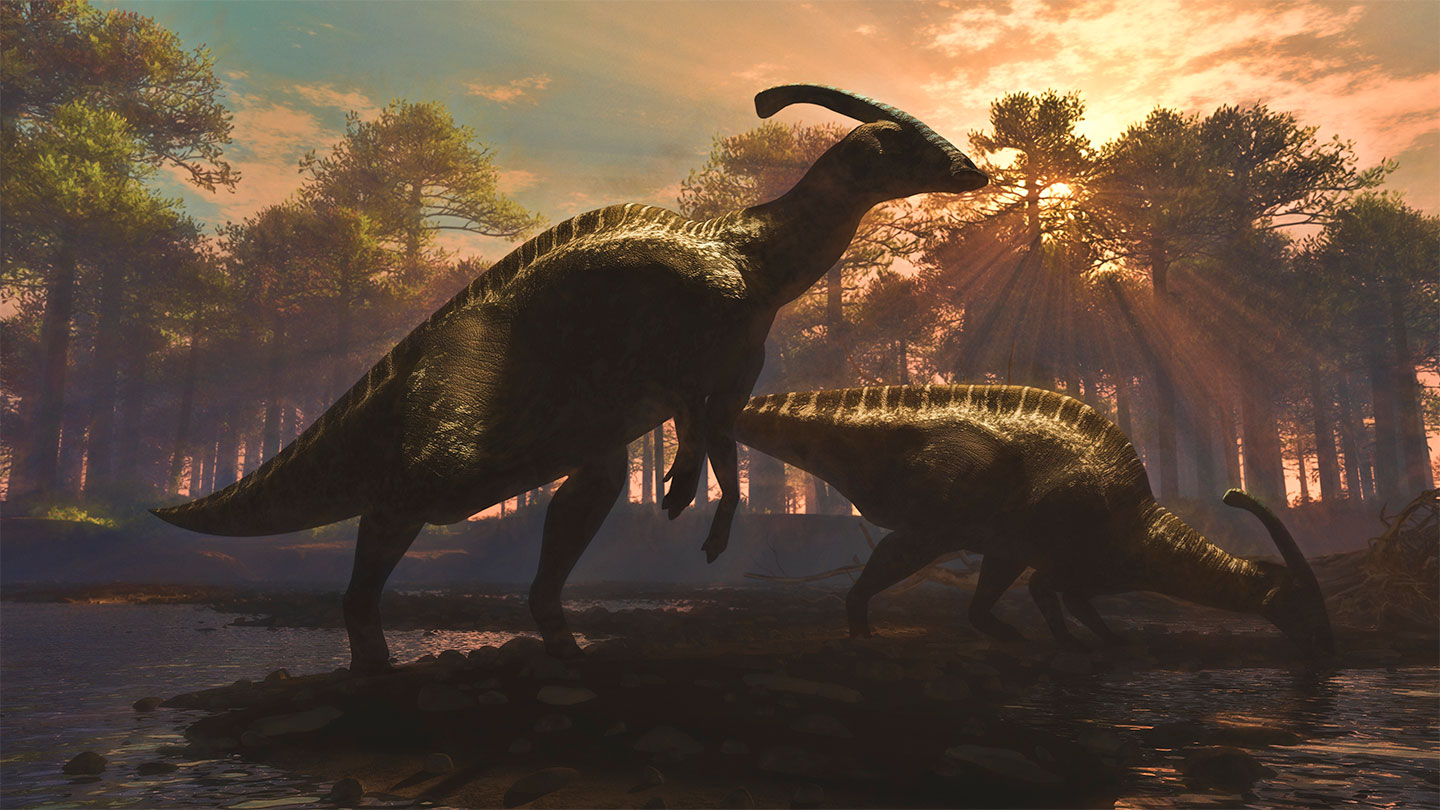
For decades, scientists have vigorously debated whether an asteroid strike or massive volcanic eruptions ended the reign of the dinosaurs 66 million years ago…Now, researchers have devised a new way to identify the true dino killer: Let computers take a crack at it. See the study here.
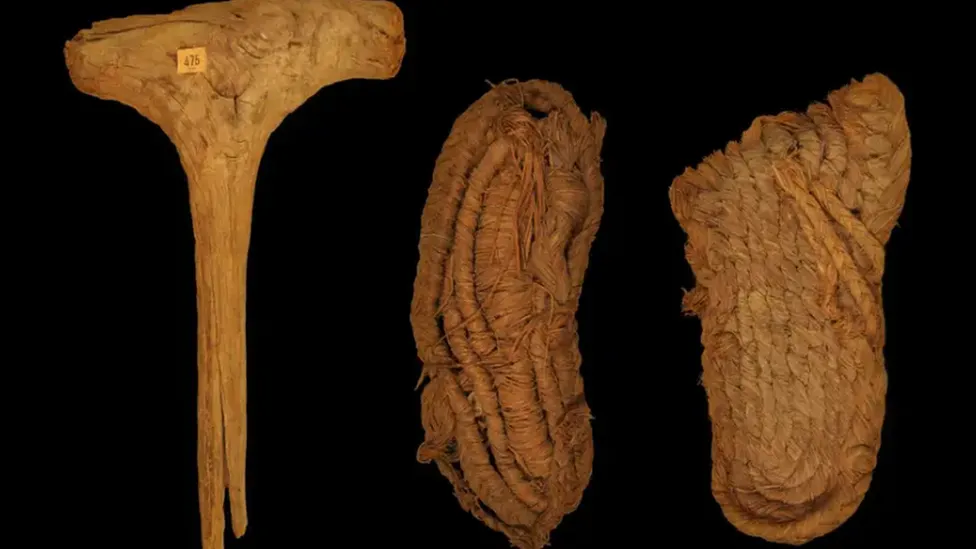
Scientists say they have identified Europe’s oldest shoes, sandals woven from grass thought to be around 6,000 years old. They were among a haul of ancient objects discovered in a bat cave in Spain plundered by miners in the 19th Century, but were analysed in a new study.

Dozens of planet-sized objects have been discovered in the Orion Nebula via observations that could herald the existence of a new astronomical category…The objects are too small to be stars, but also defy the conventional definition of a planet because they are not in orbit around a parent star.
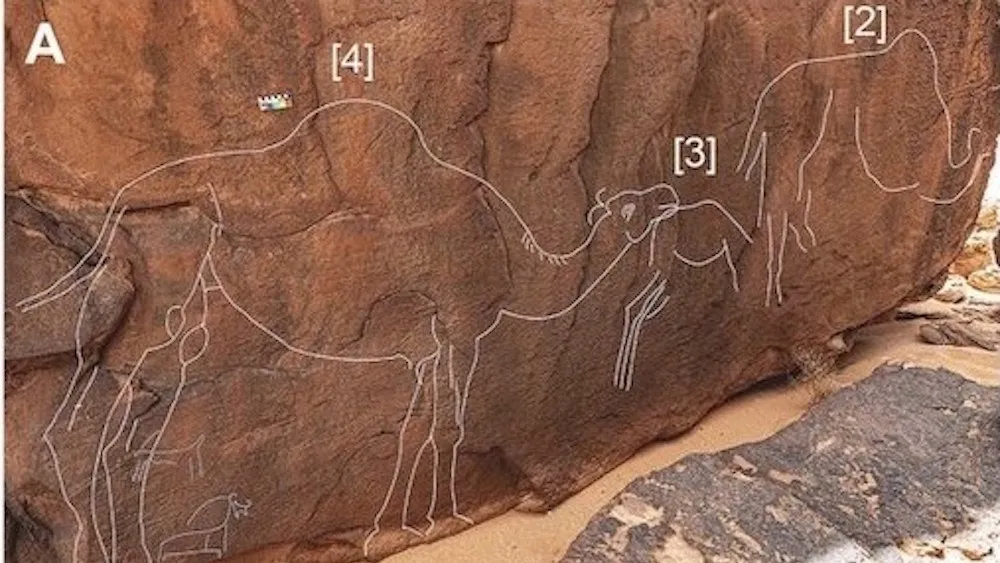
Life-size carvings of camels have been found in the Saudi Arabian desert, but archaeologists aren’t sure who created them and when….Radiocarbon dating of two trenches and two hearths nearby indicate that the Sahout site was repeatedly occupied between the Pleistocene (2.6 million to 11,700 years ago) and the Middle Holocene (7,000 to 5,000 years ago), according to the study.

Civil war has broken out in the field of consciousness research. More than 100 consciousness researchers have signed a letter accusing one of the most popular scientific theories of consciousness – the integrated information theory – of being pseudoscience. Immediately, several other figures in the field responded by critiquing the letter as poorly reasoned and disproportionate.
Image by: Martin420 (Wiki Commons)

In 1976, Alexander “Sasha” Shulgin was on a roll. The “godfather of psychedelics” had left the Dow Chemical Company, where, after developing the first biodegradable pesticide, he’d been given the freedom to research psychedelic compounds.
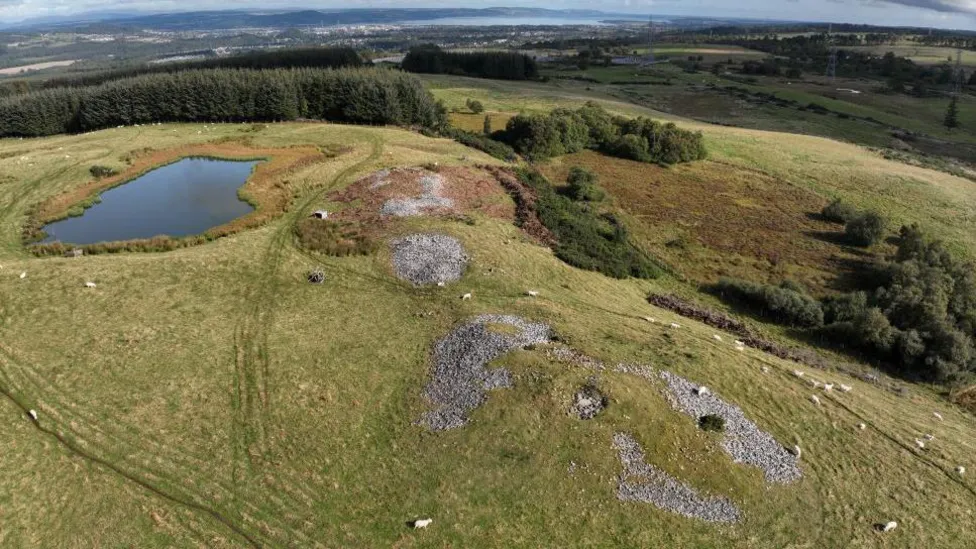
New images have been made of one of Scotland’s most significant prehistoric burial sites. Carn Glas, near Inverness, is thought to date to the Neolithic period and be about 5,000 years old.

Galaxies from the early universe are more like our own Milky Way than previously thought, flipping the entire narrative of how scientists think about structure formation in the universe, according to new research.

Our planet has changed a lot over billions of years, from the location of the continents to the makeup of the atmosphere, and a new study looks in detail at the history of the Sahara desert – which wasn’t always an arid wilderness.








